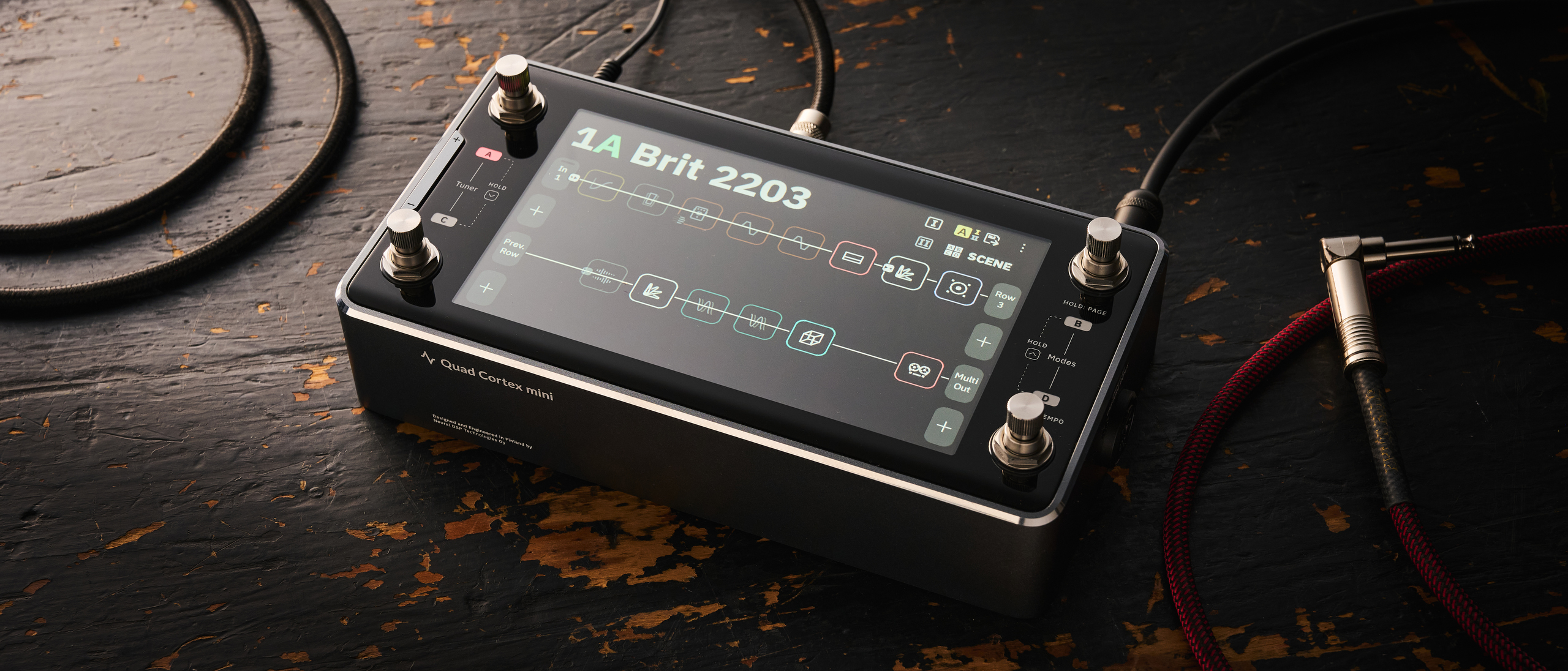How to Play Thrash Metal
Learn five riffs that demonstrate thrash metal's signature elements, presented in the styles of five key bands.
All the latest guitar news, interviews, lessons, reviews, deals and more, direct to your inbox!
You are now subscribed
Your newsletter sign-up was successful
This month I'd like to pay tribute to tribute to the style of guitar playing known as thrash metal and offer five examples of riffs/licks that demonstrate its signature elements, presented in the styles of five key bands.
From the pioneering “Big Four” bands—Metallica, Megadeth, Slayer and Anthrax—to Exodus, Testament, Overkill and Sepultura, thrash metal pushed the boundaries of aggression, speed and stamina with fast, muted open-string-based riffs and furious lead breaks. This style has enjoyed a resurgence in popularity over the past 10 years as many of the Eighties thrash bands have reformed and a wave of cutting-edge, thrash-influenced acts like Lamb of God have risen.
To get the characteristic “scooped” thrash metal guitar sound, use your guitar’s bridge humbucker pickup and a generous amount of distortion. Boost both the bass and treble settings on your amp while cutting, or “scooping out,” the midrange.
Play through each example slowly at first while tapping your foot squarely on each downbeat. Memorize the figure before applying speed, and shake out any tension as it arises in your hands. Use your fret-hand index ringer to mute unused strings and prevent them from ringing.

1. This riff has an up-tempo eighth-note feel. Use consecutive downstrokes throughout, and palm mute the open low E string. Remain relaxed, and have the downstrokes bounce into the string from the wrist. The X in bars 3 and 5 indicates a pitchless, fret-hand-muted note.

2. This speedy riff features a classic “gallop” rhythm—a down-picked eighth note followed by a pair of alternate-picked 16ths. Pick from the wrist, attacking the strings with the tip of the pick at a slight downward angle.

3. This example features a “reverse-gallop” rhythm—two alternate-picked 16th notes followed by a down-picked eighth—punctuated with a single-note line and power chords voiced with the fifth on the bottom. Down-pick theeighth notes and alternate pick the 16ths.
All the latest guitar news, interviews, lessons, reviews, deals and more, direct to your inbox!

4. Played with a driving triplet feel, this example features power chords set against a low E-string rhythm and a neat single-note fill (at the end of bar 1). Try to make the power chords ring clearly while you alternately palm-mute the open low E string.

5. This final example features some cool hammer-ons and pull-offs and a neat single-string line, framed by an open low E-string rhythm. Use palm-muted alternate picking for the 16th notes on the low E string.
